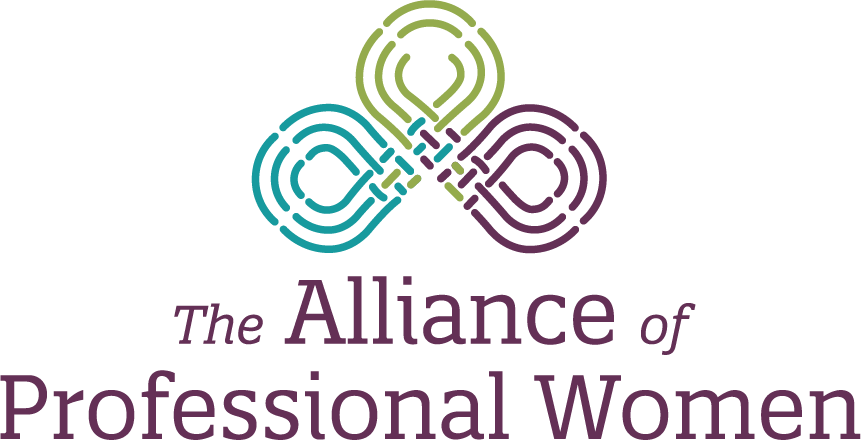Imagine a ladder with the highest rung being blatant racism, the description of which many of us consider to be racism. This is defined as extreme, white supremacy, KKK, lynching, the kind that the Civil Rights Amendment was supposed to eliminate. All too often, we compare levels of racism, avoiding the deeper work because somewhere inside we think, consciously or unconsciously, I am not like that. I am not racist (not in those terms).
Reality is, it is all racism, whether blatant or silent. What shows up in thoughts, behaviors and judgments is harmful to Black, Indigenous, People of Color (BIPOC). If you think it is subtle, it is not. Not to BIPOC!
Where are you on the ladder?
If at or near the top, taking a step or two down to make a change may be easier to do than being near the bottom. There are lots of things we can do to start to move from racist to anti-racist, and I give a non-exhaustive list of suggestions of actions in this article.
Consider, it can be more challenging for someone on a lower rung to move down off of the ladder. After all, your beliefs may be progressive and liberal. But the bottom step is needed. The step is a final step toward becoming anti-racist – the step that is required for change. Do not get me wrong, once you are standing on the ground, the work is far from done. It is a lifelong process to continue dismantling systemic racism, to further educate ourselves and one another, and to take action – which is, where the rubber meets the road.
My own journey in unlearning racism started with looking at my history, my ancestral history, and the impact it had on my life and the lives of everyone around me, and the impact on society. I experienced the white fragility feelings of embarrassment and shame. I knew that if I had stopped there because it was too uncomfortable, I would not be where I am today. I still have lots to learn. I still have lots to do. We all do. It is an ongoing journey.
Here are some things to consider and actions you can take to move down the ladder of racism.
My hope is that you go through the process, commit to learning, discover more things you can do, and let go of any complicity with systemic racism. We can discover more ways to create change and be the change.
- Racism is not about them. It is about us.
Many white people do not think of being white included in Race. It is. Racism is any of us participating in systems that are inequitable, knowingly, or unknowingly. If your heart is not heavy at this point in time, ask yourself why. But, don’t stop there. - Learn about the history of Race.
It is a social construct, created to maintain white dominance. There are countless authors, videos, articles that I highly recommend.
To start, check out: - Examine your stories.
What privileges do you have? Privilege is still present even when you think something is not a privilege. How can you use your privilege and power to create change and raise others up? “A rising tide lifts all boats.” - Let go of guilt and shame.
It stops conversations. It stops you from doing your work. Acknowledge, accept, and ask, what can I do now? - Stop categorizing people into groups
Don’t categorize according to race, gender, sexual orientation, religion, physical ability, etc. - Stop thinking racism does not exist.
Let go of being surprised during recent events, thinking we were better than this. These events, and the thousands of events before the past few weeks, are nothing new to BIPOC. - Stop ignoring there is an impact.
Discover what the impact is and care about the impact. What needs to change; what needs to be done? - Stop valuing property over people’s lives.
- Stop using the argument of “the race” card.
- Stop explaining away the imbalances of equity.
Stop blaming others or conditions. What and who created those conditions in the first place? - Stop rationalizing where you are (on the ladder).
Stop judging whether thoughts and actions are good, bad, binary. - Get out of your comfort zone.
- Be willing to have conversations about Race.
Be open-minded and not defensive. Listen. Empathize. - Walk through your fears.
Fear is a barrier to equity. What is/are your fear(s)? - Examine your Mindset.
Is it fixed by thinking this is the way you were taught, the experiences you had, and they cannot really be changed. Or, is it a growth mindset that knows the opposite. The reality is racism can be unlearned and anti-racism is possible. It takes work. - Silence is collusion.
Silence is complicity. Silence in the face of violence is participating in violence. - Replace judgment with curiosity.
The minute you feel a judgment coming on, stop and be curious. You cannot be curious and judgmental at the same time. - Examine your excuses.
What excuses do you make? Where do you withhold? This is deep work. It is freeing work. It is work that is needed. - Let the recent events be a “turning point.”
Let them move you from racism to anti-racism. - Be the Change!
Change will not happen unless we all do the work. It takes all of us. We must be the change. If you do not want change, examine why, and go back to walking through your fears.
We must be the change. The work is needed. We need all of us to do the work.
I invite you to share with others your experiences and stories.


